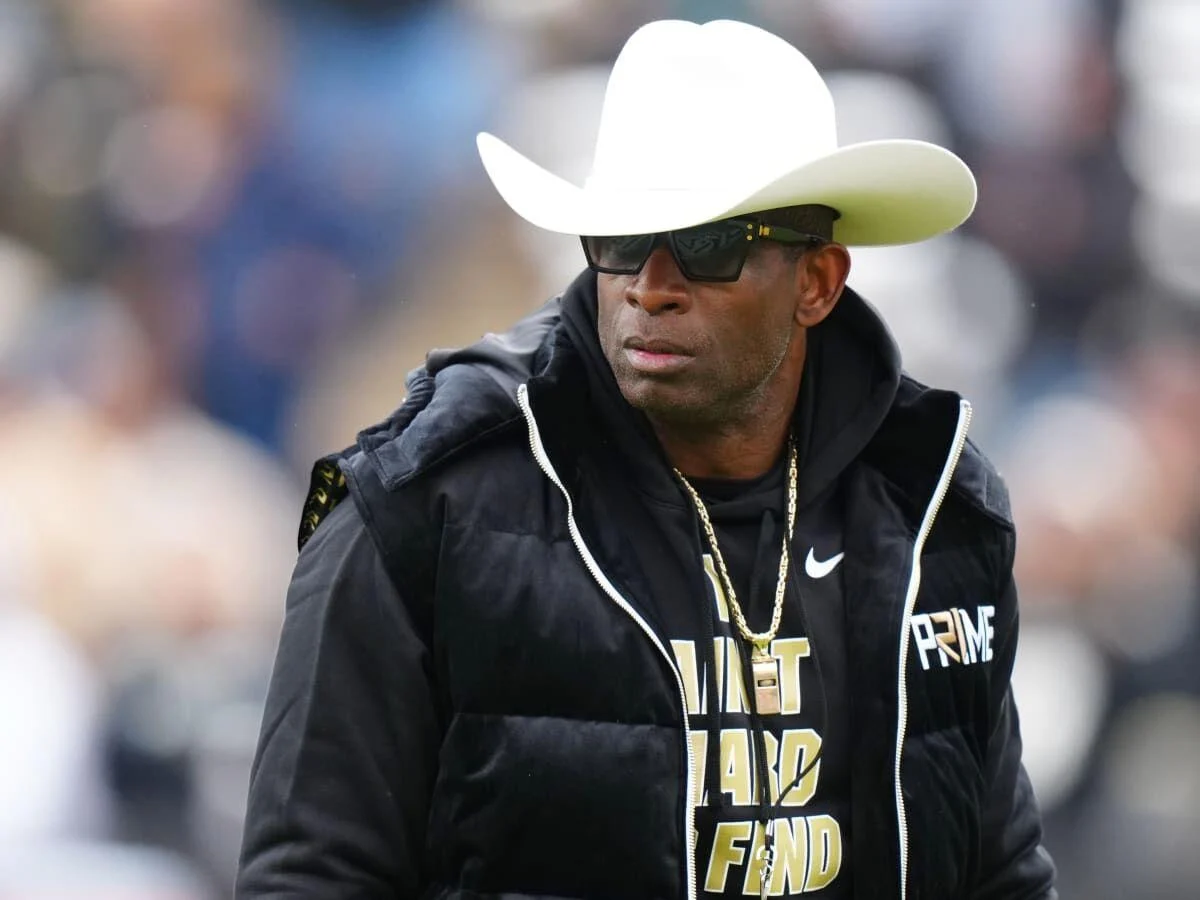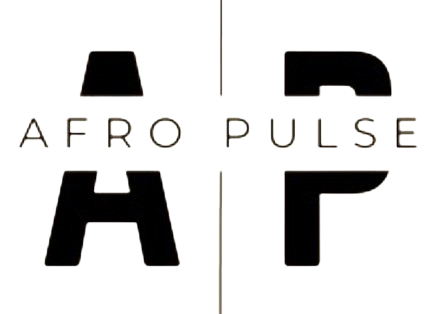Coach Prime: Media Savvy or Dodging Accountability
Deion Sanders' contract with the Colorado Buffaloes includes a clause that allows him to speak only to "mutually agreed upon" media outlets.

Deion Sanders' contract with the Colorado Buffaloes includes a clause that allows him to speak only to "mutually agreed upon" media outlets. This provision recently came under scrutiny after Sanders refused to answer questions from Sean Keeler, a sports columnist for the Denver Post. Keeler has a reputation for holding Sanders accountable during press conferences, which may explain Sanders' reluctance to engage him.
While some see Sanders' move as savvy, aimed at controlling his public image, others argue it reflects a desire to avoid tough questions. Given that the Denver Post is the largest media outlet in the region, Sanders’ decision to publicly dismiss Keeler raises concerns about his willingness to face criticism. By refusing to engage with a prominent local journalist, Sanders inadvertently boosts Keeler's profile, which likely will backfire by drawing more attention to the issues Sanders wishes to avoid.
Let’s dive in – is Sanders controlling his public image, or dodging accountability?
A Strategic Defense or Dodging Accountability?
This selective approach could be seen as a way to avoid scrutiny and maintain a positive image without addressing difficult topics. While Sanders might argue that this strategy is about protecting his team and narrative, it’s also possible that this move reflects an unwillingness to engage with potentially critical or probing media.
Limiting Transparency
Another concern is the potential impact on transparency. By restricting media access, Sanders might be shielding himself and his team from necessary oversight. Fans and the public rely on the media to provide insight and hold public figures accountable. When access is limited, it raises the question of what might be hidden behind these restrictions.
The Impact on Fans
This kind of media control can also create a disconnect between the team and its supporters. Fans crave insight into their favorite teams and coaches, and selective media access could lead to frustration and a sense of distance. By limiting who gets to ask questions, Sanders might be alienating the very people who keep the sport alive—the fans.
A Precedent for Future Contracts?
If more coaches or players adopt similar clauses, it could lead to a broader trend of reduced media access and increased control over public narratives. While this might benefit those in the spotlight, it could also lead to less transparency and accountability across the board.
Conclusion: A Double-Edged Sword
In the end, while Sanders’ approach may protect his public image and reduce distractions, it also raises important questions about transparency and accountability. Is this a wise strategy for maintaining focus, or is it a way to avoid the tough questions that come with the territory? Only time will tell if this move pays off, but it’s clear that it’s not without its potential downsides.
In my opinion, Sanders didn't do himself any favors by publicly shunning this Denver Post writer. His decision to single out Sean Keeler was both shortsighted and unwise, ultimately shining an even brighter spotlight on the journalist and the perception he (Sanders) is dodging accountability. I wouldn't be surprised if Keeler's inbox is overflowing with new opportunities thanks to the increased attention.
I’m definitely watching Colorado’s first game this year with some comfort food like the kind you can make with this well priced Hot Pot. For coach Prime’s sake I hope they win more than 4 games – my prediction is they win 3, maybe 4.





